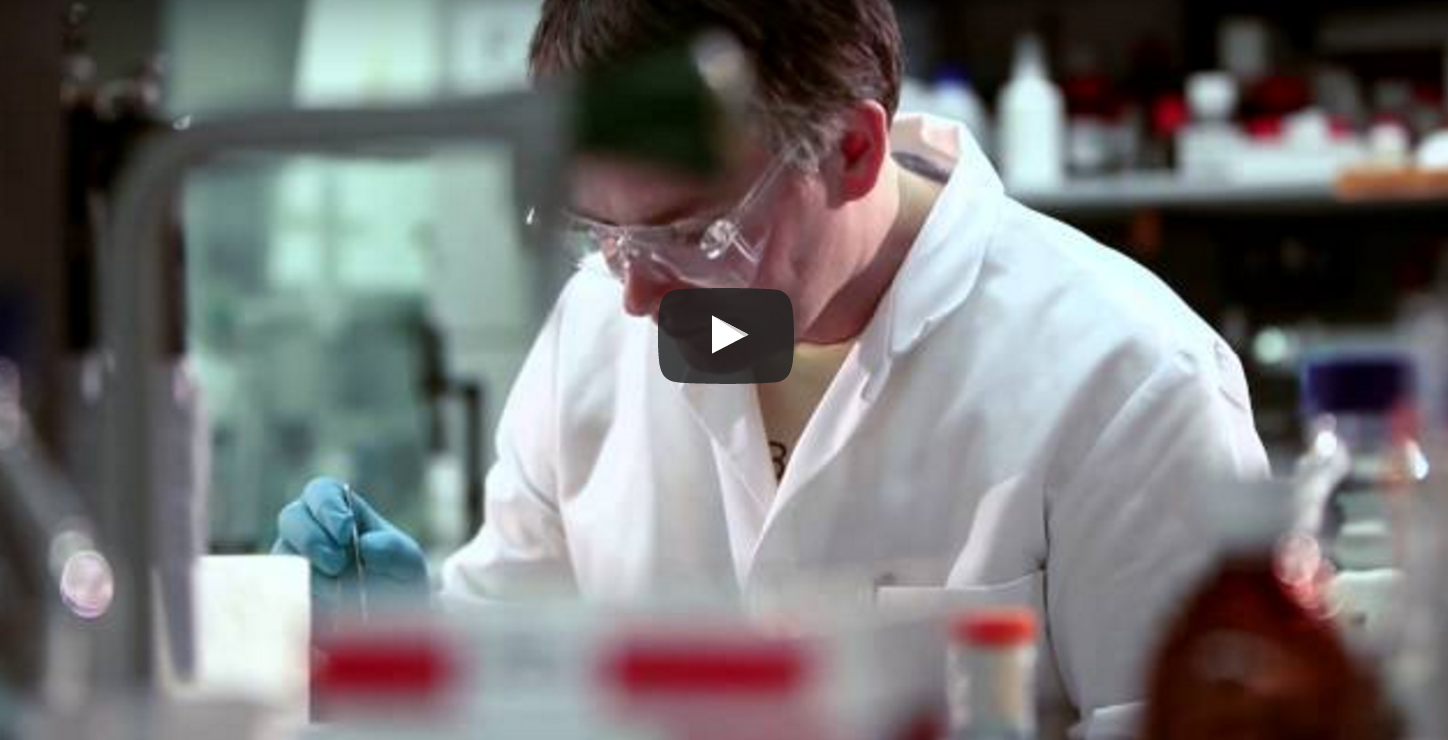Pseudomonas Aeruginosa in Cystic Fibrosis
Written by |

https://www.youtube.com/watch?v=3daNMEnW1Kc
Pseudomonas aeruginosa is the key causative agent of cystic fibrosis (CF) infections. This aerobic, gram-negative, opportunistic hospital pathogen can grow and proliferate in patients with a suppressed or compromised immune system, especially in hospitals and other healthcare settings.
CF is a genetic disorder and passed on to offspring via heredity, but pseudomonas infections tend to set in due to the production of mucoid secretions (as a result of the defective CFTR gene responsible for mucus clearance, sweat production and secretion of digestive fluids), clogging the lung airways, reducing mucociliary clearance, leading to formation of bacterial biofilms with these mucoid layers as their habitat. Once these sticky biofilms are formed, it leads to inflammation and a variety of symptoms like incessant coughing, copious phlegm production, and a decreased ability to exercise initially, followed by serious pathological conditions like exacerbations, bronchiectasis, hypoxia, hemosptysis, paranasal sinusitis and pulmonary hypertension among others.
Learn more about pseudomonas aeruginosa in cystic fibrosis here: https://bit.ly/228rUc7






